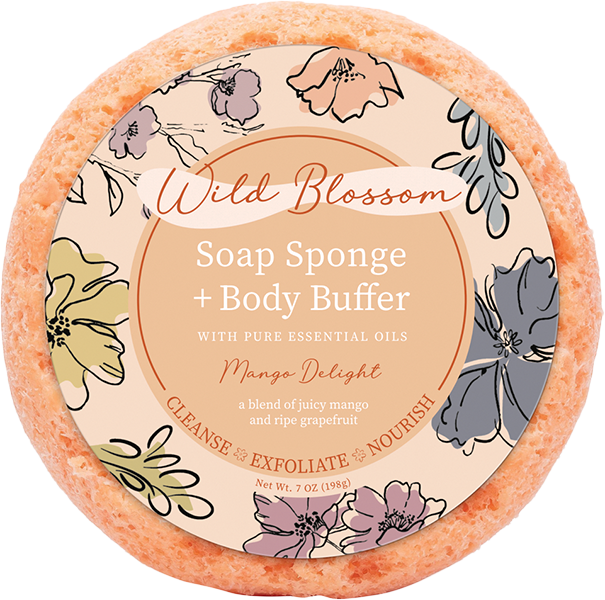6 Tips to Get Your Social Media in Tip Top Legal Shape
Social media is not an option if you own a business in this modern day and age. It has become a way in which we connect with our customer and potential customers both for advertising and buying purposes. These tips apply above and beyond whatever terms and conditions each social media platform requires of its users.
1. DO NOT DISCLOSE CONFIDENTIAL INFORMATION
This seems fairly obvious, however, sometimes we share this information without even realizing it. When creating posts avoid sharing confidential information about yourself, your business, or your clients/customers. Confidential information may be recent whereabouts, home addresses, phone numbers, email addresses.
2. DO NOT BE AMBIGUOUS
This, too, probably seems like common sense. When crafting a post or caption, make sure that what is being said is clear. Any time language is used that is vague, ambiguous, or could potentially be interpreted more than one way, there is a possibility that someone will read that post or caption the wrong way. That can, at the very least, cast a negative shadow on one’s business. Worst case scenario, one could find themselves being sued.
3. BE AWARE OF COPYRIGHT ISSUES
There are two sides to copyright. One side is making sure that you as the business owner are not infringing someone else’s rights. That means that you are not posting photos or content that does not belong to you or that you have properly received permission to post on social media platforms. The second side of this issue is that, as a business owner, you want to protect your own content that you are creating. You will want to make sure that someone else is not posting your content without your permission.
4. KNOW THE TRADEMARK RULES
Trademark rules are similar to copyright guidelines in that there are two sides to these as well. There is the trademark of another company that your business should not use without proper consent. Then there is your trademark that you should be protecting and making is not being used without your permission. This can be problematic, as often when marketing a brand, as we want to align with another brand that seems to complement ours. Using hashtags or branding from another company to make customers think that those are your products or that they endorse your products is trademark infringement.
5. DO NOT POST DEFAMATORY STATEMENTS
It may be tempting to post captions that compare your business with another business. It may also be tempting to want to show how your business is better by demonstrating how the competition’s business is subpar. Resist the urge to do so. Defamation can be a nuanced area that can have a business owner in a larger legal situation that they never intended. Saying something negative about a competitor in order to make your business look better never really works and only serves to create potential legal risk.
6. MAKE SURE YOU ARE COMPLYING WITH FTC GUIDELINES REGARDING SPONSORED POSTS
The Federal Trade Commission, also known as the FTC, is part of the federal government that was created to help protect consumers from unfair or deceptive trade practices by businesses. Recently, the FTC has tightened up the requirements for online posting when it comes to sponsored content or ads. There are a couple of rules you will want to keep in mind. One, there MUST be a disclaimer on the post if the business posting is being paid (receiving value, which means one could be paid in goods not just money) for the post. The disclaimer must be in an obvious place on the post, not hidden in the fine print. Second, refunds must be made if they are promised to customers. Third, if demonstrating how the product works, it must be demonstrated under normal use. Finally, advertising to children raises a series of separate issues, so seek professional advice if you are unsure.
Most, if not all, of these tips are fairly straight forward. Implementing them may take a bit of effort and forethought, however, it is worth it in the end to avoid any legal mishap or situation that could jeopardize the well-being of your business.
DISCLAIMER: The materials available in this article are for informational purposes only and not for the purpose of providing legal advice. You should contact your attorney to obtain advice with respect to any particular issue or problem. Use of and access to this website do not create an attorney-client relationship between Angie Avard Turner Law and the user or browser.













 News
News










